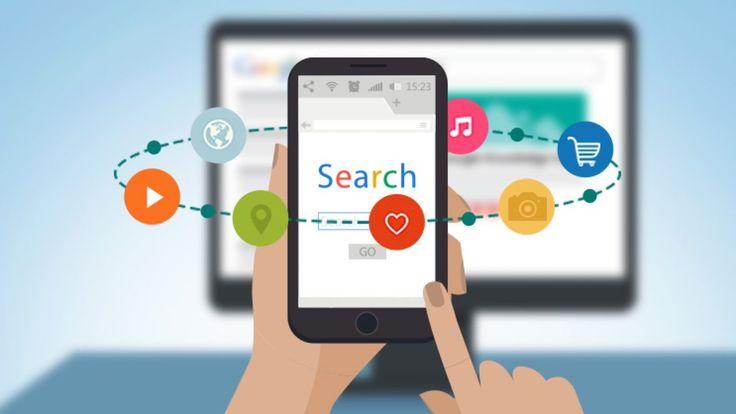
In the modern digital world, where the number of online users is constantly growing and the opportunities in internet marketing are becoming increasingly diverse, attracting customers online has become a key element of successful business strategies.
Lead generation, as a marketing strategy, aims to attract potential customers (leads) through various online channels to build a database for subsequent marketing and sales efforts.
Smartprovide actively utilizes targeted lead database audits to develop its strategies. Based on this data, the company creates personalized approaches for each client.
Today, lead generation is an automated process that typically begins with attracting the attention of potential customers to your brand, product, or service, and ends with obtaining their contact information or other valuable data that can be used for personalized marketing, such as email addresses, social media profiles, or phone numbers.
For example, Smartprovide invites potential leads to fill out pre-prepared surveys for quick analysis of future collaboration possibilities.
In this process, leads are categorized into target and non-target categories. A target client refers to a potential customer who meets specific criteria of your target audience and has a high potential to convert into a buyer. They typically show active interest in your product or service and may be ready to make a purchase in the near future. Key characteristics of such leads include alignment with your target audience profile, active interest shown, and readiness to engage.
In contrast, non-target leads, while they may show interest, do not fit the ideal profile of your client or may not be ready to purchase at the moment. Converting these leads may require additional efforts.
It is important to understand the primary difference between target and non-target leads for effective management of your database and optimization of marketing strategies. Focusing efforts on attracting and working with target leads helps increase conversion rates and the overall efficiency of your business. Non-target leads may require additional efforts or strategy adjustments to improve their potential for purchase, though success is not guaranteed even with these changes.
Finally, here are some lead generation tips:
- Set clear goals: Define what data you want to collect and how it will be used in your marketing strategy.
- Valuable content: Offer something of value to your target audience in exchange for their contact information, such as exclusive content, discounts, or consultations.
- Optimize forms and landing pages: Ensure that forms on your website or landing pages are easy to fill out and motivate users to take action.
- Use automation and CRM: Implement marketing automation and customer relationship management (CRM) systems for efficient lead management.
- Track and analyze results: Regularly monitor the effectiveness of your lead generation campaigns.
Therefore, lead generation plays a crucial role in a company’s success and revenue growth. Contact us for consultation, and we will be happy to assist you.






















































